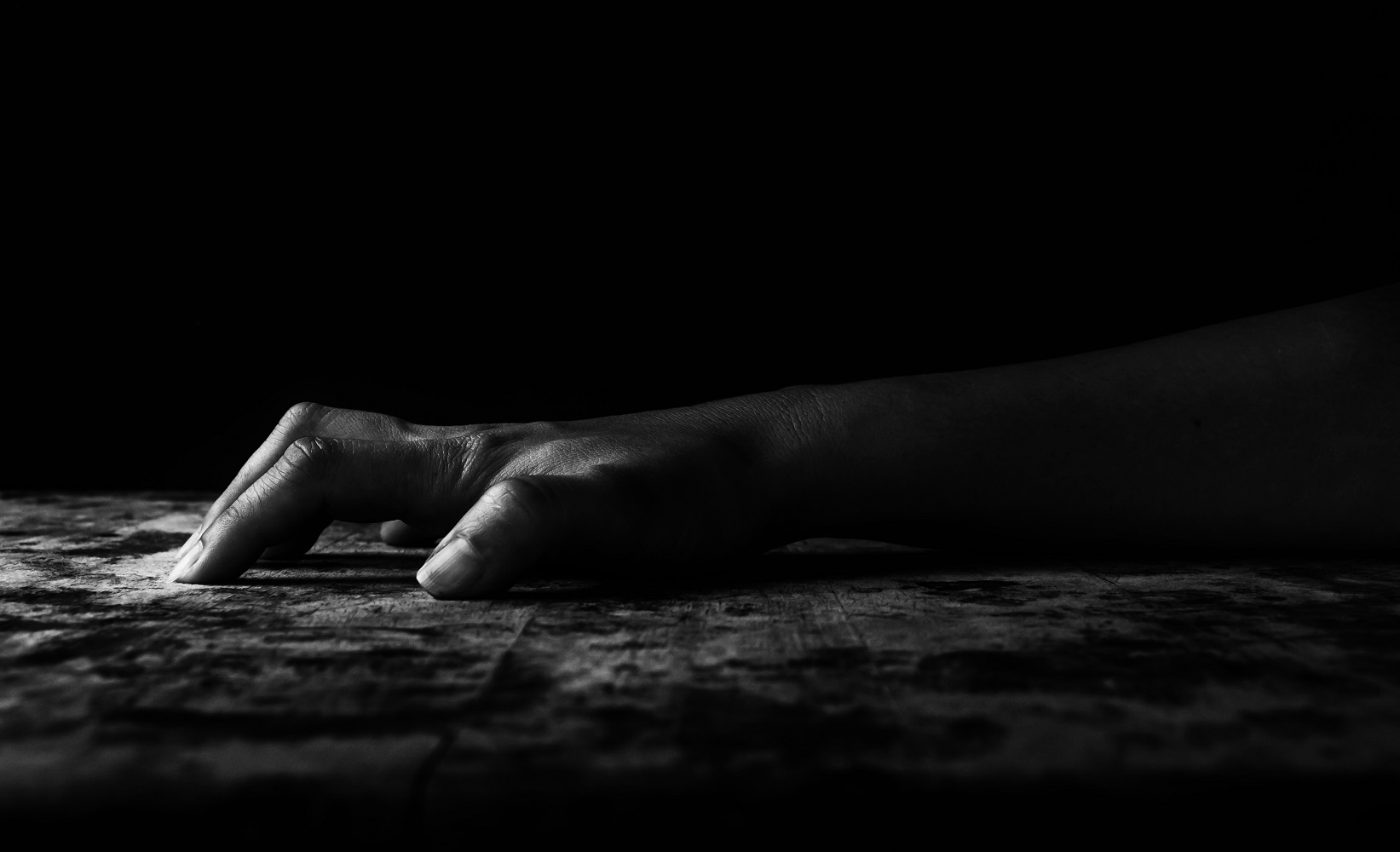Lifetime’s explosive docuseries “Surviving R. Kelly” has spurred renewed revile for the predatory R&B artist and shone a national spotlight on the abuse and exploitation Kelly has been perpetrating against young black women and girls since the 90s. Not only that – as a result of the series, Kelly is now being investigated for his despicable and criminal actions.
The series is enraging, informative, and important, but while watching the first episode, I was struck by the words of clinical psychologist Dr. Candice Norcott:
Child sexual abuse confuses power and control with sex…children may want to say ‘I want to be the one who is in that power position,’ right? ‘I never want to be a victim again. I want to be the person that’s in the power in a sexual relationship.’ … As [victims] get older, they want to make sure that they’re always in that power position. And, there’s really no more powerful position in a sexual relationship than to be the abuser to the child.
The vast majority of “Surviving R. Kelly” viewers are not experts on childhood sexual abuse and are learning about the dynamics of this epidemic for the first time. While it is sadly true that some victims of childhood sexual abuse go on to become abusers, I do not believe Dr. Norcott’s statement clarifies that this is the exception – not the rule – and fear that her words may be unintentionally harmful in two ways:
- It is an unspoken fear for many survivors that we may somehow become the monsters who harmed us, and Dr. Norcott’s explanation of R. Kelly’s behavior may fuel this fear. For any survivor who needs to hear these words: you are not your abuser, and their capacity for harm does not live on within you. Do not let this fear have power over your life. If you need to talk to someone, call RAINN’s national sexual assault helpline at 800.656.HOPE (4673). (Calls to the line spiked after “Surviving” aired. You are not alone.)
- Norcott’s words may spark undue suspicion and distrust of survivors in the minds of those who are learning about childhood sexual abuse for the first time. They may not want survivors to be around their children, for fear that a cycle will repeat itself. Is this possible? Yes. Is it probable, no. Unless you observe red flags of a predatory adult, there is absolutely no reason to suspect that a survivor will go on to become an abuser.
I do not believe there was negative intent present in Dr. Norcott’s words, just imprecision. As a whole, “Surviving R. Kelly” does a very good job at unraveling and explaining the grooming process and escalation of abuse that existed – and, unacceptably, still exists – in R. Kelly’s tangled web of predation, and giving voice to those who survived. But these are important conversations to have as our society continues to lift the blindfold that has been placed over our eyes surrounding the sexual abuse and exploitation of children and adults.
Have you watched “Surviving R. Kelly?” What do you think?
Sincerely,


